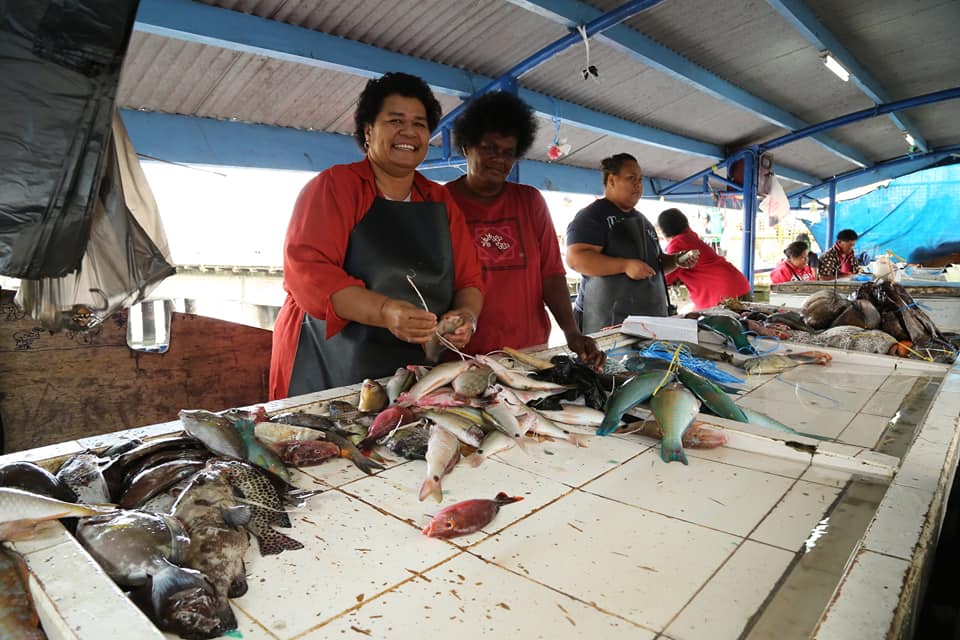Intro: According to the Food and Agriculture Organization, women represent nearly half of the estimated 180 million people worldwide working in fisheries and aquaculture. Many of them in low-skilled, low-paid jobs without contracts or health, safety and labour rights. We look at three voluntary commitments to promote gender equality in the marine industry.
From fisheries and labour at sea to migration and human trafficking via waterways, gender equality is critical to the effective protection and sustainable management of the ocean and marine resources. However, there is very little data and research on these issues – something that the 2020 United Nations Ocean Conference aims to correct through its theme of science and innovation, and through concerted action towards gender equality and the empowerment of women and girls in all ocean-related sectors.
It is expected that the UN Ocean Conference in Lisbon will inspire hundreds of new voluntary commitments for the implementation of Sustainable Development Goal 14, Life Below Water, and many of those will also have positive effects on SDG 5, Gender Equality. The new commitments will build on the gender and ocean initiatives launched at the 2017 UN Ocean Conference by countries, civil society and business.
For instance, the government of Fiji, working with Fiji Locally Managed Marine Areas, World Wildlife Fund, Wildlife Conservation Society and the University of the South Pacific, registered the Women in Fisheries Network-Fiji in 2017 aimed at providing women with equal opportunities in training and acquiring new skills in the fisheries sector. This project seeks to better involve women in the decision-making on the protection, use and management of fisheries resources, and improve data collection and research regarding women’s participation in the industry. Already, several workshops have been held to promote women in mud crab fisheries.
Furthermore, the Swedish Leadership for Sustainable Development network, consisting of more than 25 multinational companies, facilitated by the Swedish Development Cooperation Agency (Sida), works to address the interlinkages between their core operations on land with the sea, with an eye to promoting more women in ocean-related industries.
In Mexico, the Comunidad y Biodiversidad civil society organization launched a “Gender Equality at Sea” initiative to include more women’s perspectives in decision-making about marine conservation and fisheries management. The programme has highlighted the experiences of 11 female fishing leaders in workshops on ocean health, legal frameworks for fishing, collaborative negotiations, and management of red lobster, penshell and Caribbean lobster fisheries.

